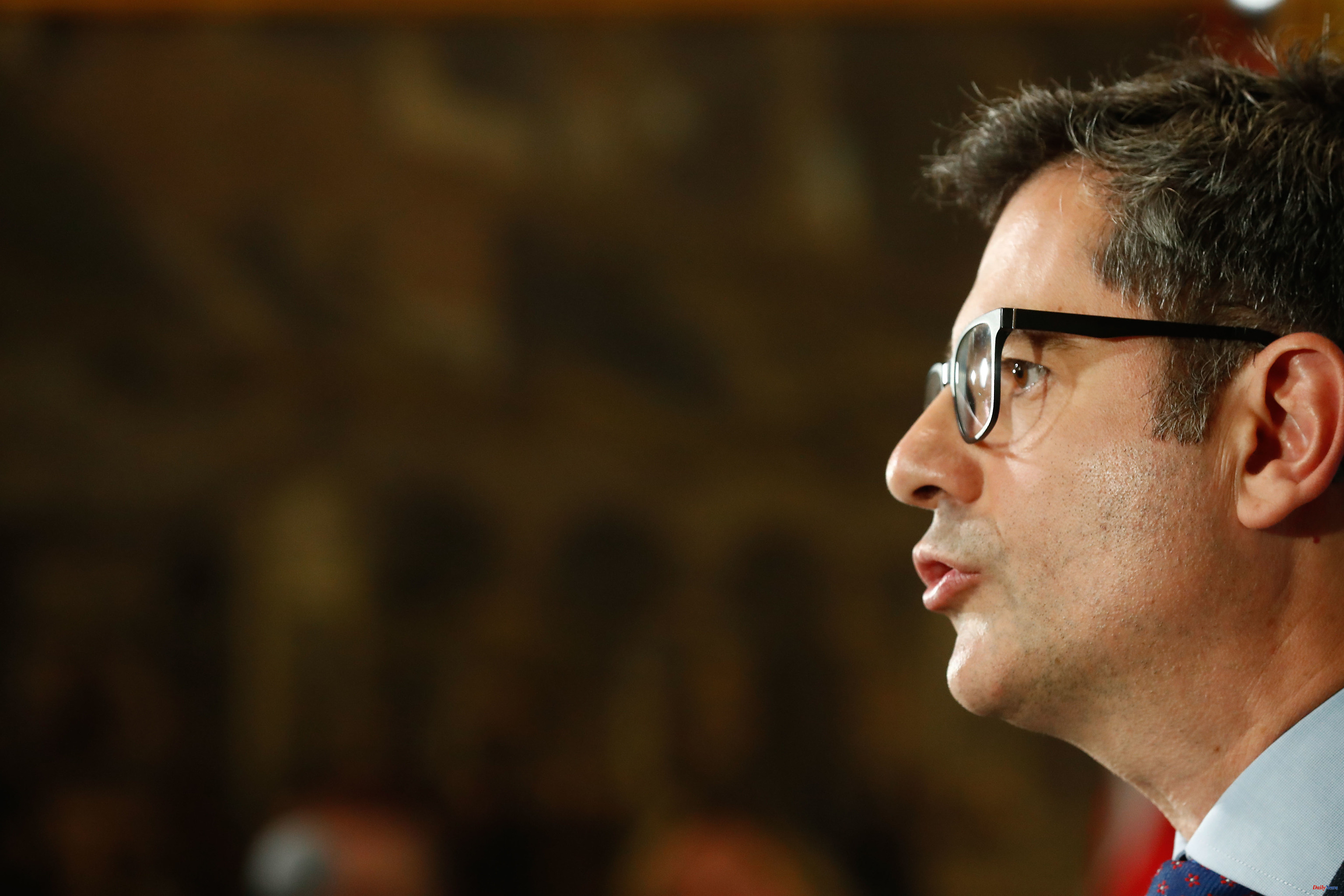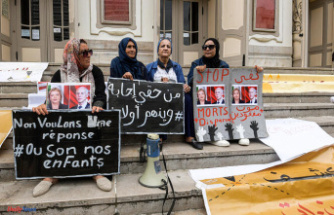The launch of Yolanda Díaz's candidacy was expected news in La Moncloa and in the PSOE. The Socialists had been looking at the calendar for months, considering that the second vice president was late with her political project and, above all, for knowing how Sumar's struggle with Podemos was developing. They know in the presidential complex that their options to fight the right happen because there are no more than two left-wing candidacies. But they also know the need to vindicate their government action to maintain its role as a leading party on the left. Díaz has already shown her expectations of competing with the PSOE. Pedro Sánchez in the first act of the party after the launch of Sumar has sent a clear message: "If there is a party with a political project, with cadres, team and program, that is the PSOE".
The message that the President of the Government and Secretary General of the PSOE has sent is valid both to oppose his project to that of the PP and to mark distances with Sumar. The launch of Díaz as a candidate was a move expected and approved by La Moncloa. They wanted it. But that also requires measurement. They need their partner to have muscle, but without detracting from it. For this reason, Sánchez, in the act that he has starred in Albacete, and to which the president of Castilla-La Mancha, Emiliano García-Page, has not attended, has claimed to be the party that has transferred to the BOE the social demands that were made ago years the breeding ground for the birth of Podemos.
"We are transferring to the BOE what the majority mobilized for," said Sánchez. An argument with which the President of the Government intends to show that he responds to the demands of the citizenry, that the claims are being met. In fact, on more than one occasion he has boasted of "social peace." "It is important to make reforms that guarantee social peace. Spain is the country with the most social peace in Europe," he stated, in a plea to try to water down a breeding ground that Sumar can cling to, appealing to dissatisfaction or discontent of citizenship. "You must never forget that the people who elect you are the people and that they want you to defend the general interest, the interest of the majority," Sánchez has come to say, a reflection very close to that expressed these days by Yolanda Díaz herself.
Sánchez vindicates the PSOE just 24 hours after Díaz's launch, but at the same time there is concern in the socialist sector. The lack of understanding between the second vice president and the purple ones is disturbing and worrying in the socialist sector. In La Moncloa, as seen in the failed motion of no confidence, they bet on Díaz. And in a subtle way, they put pressure on Podemos to join Sumar.
In La Moncloa and the PSOE celebrate the launch of Sumar. "It is good news that the political forces located to the left of the PSOE are organizing and going together", applauded the Minister of the Presidency, Félix Bolaños. But immediately afterwards, the message comes to Podemos: "It would be even better news if all the forces to the left of the PSOE were united, without exception. That would be our wish."
The message is clear. Podemos was the only party that was not present at the launch of Díaz's candidacy. The second vice president and the purples did not reach an understanding to seal peace. The muscle of Podemos in this new political project and the holding of primaries, which is nothing more than the configuration of the lists, sowed tension and disagreement in the relationship. Something that is not to the liking of the PSOE, which knows the need not to further fragment the vote because it is transcendental to propose a battle between blocks of two on two: PSOE and Sumar on the left; and PP and Vox on the right.
"Yesterday was a day for progressive voters to have the illusion that there is going to be one more legistlarua of social advances at the hands of Pedro Sánchez," Bolaños explained. In the next general elections, it will be decisive which political formation occupies the third place: Sumar or Vox.
Both in La Moncloa and in the PSOE they avoid publicly entering into the internal struggle between Díaz and Podemos, but their preferences are clear. In the purple formation, in fact, they are convinced that the Socialists have clearly taken sides and this is reflected not only in the impulse they have given to Díaz but also in events such as the veto on the presence of Minister Ione Belarra in the press conference of the Council of Ministers to present the Family Law. This explains why in recent days, Podemos has increased the burden of attacks on the PSOE.
On the other hand, since Díaz took over from Pablo Iglesias, the PSOE have never hidden that they feel more comfortable with Díaz's way of doing things. They believe that it works better and there is a greater understanding. But, yes, they know that it is surely vital that Podemos be present in this political project to try to retain La Moncloa.
Meanwhile, in the Popular Party they observe with perplexity how the internal fracture of the Executive is opened by new fissures in the middle of the electoral campaign. "The weekend began as a bipartite government and it ended tripartite", they define in Genoa about the gap that now separates Díaz from Podemos and that makes La Moncloa "the house of trouble", more focused on its stability and continuity than in public management.
"They are entangled in internal problems, in calculation and in electoral tactics," the popular spokesperson, Borja Sémper, considered as an assessment of the Sumar act this Sunday, which showed that several members of the Government -those corresponding to the purple branch- are more focused on "sharing up the pieces of the shipwreck" than "on the problems facing the Spanish".
The president of the formation, Alberto Núñez Feijóo, who already warned this Saturday that Díaz's new "space" represents "populism as always" has expressed himself in the same terms: "The Government knows that it is in discount time and He only cares about surviving each on his own."
Is the figure of Díaz, more focused than the leaders of Podemos, in Genoa worrying? Not at all, as Sémper has ruled out. "Those who are concerned are Pedro Sánchez," he said, who sees how his "white label" is eating up ground, "and Pablo Iglesias, who was his political father and now has a week of Passion" after the second vice president cried against the "guardians" that Podemos exercises over it.
In any case, and regardless of the electoral revenue that the fracture of the left may generate in the rest of the forces, the main opposition party considers that the battle that is going on within the Government deepens the discredit and image of our institutions and the disaffection of citizens increases: "Politics is not on the right track in Spain. It has become a meme", Sémper has settled.
According to the criteria of The Trust Project












